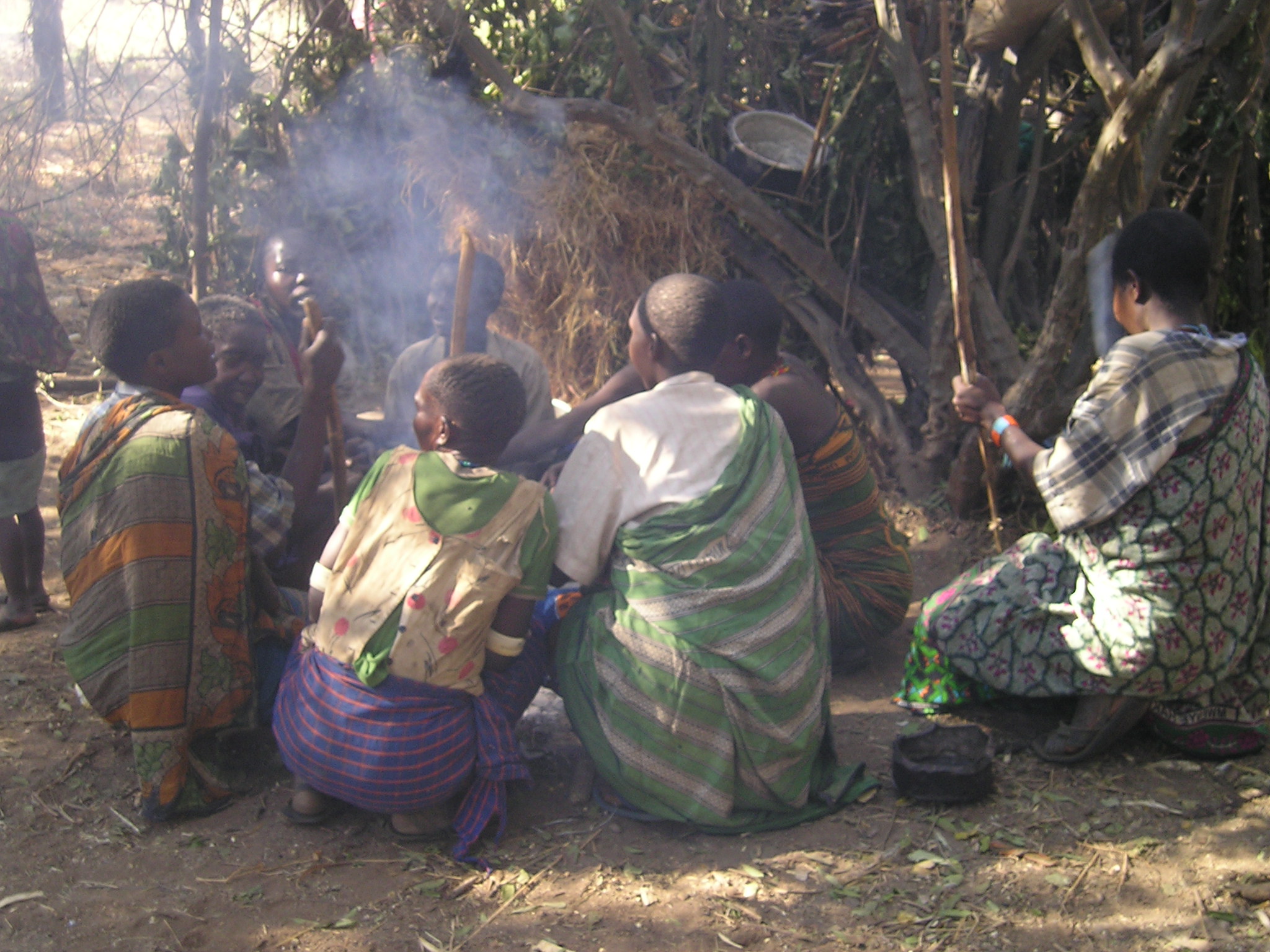This talk will be given by Camilla Power (Research Fellow in Anthropology at UCL), LIVE on Tue Jan 9, 6:30pm in the Daryll Forde Seminar Room, 2nd Floor, Dept of Anthropology, UCL, 14 Taviton St WC1H 0BW. You can also join on ZOOM with ID 384 186 2174 passcode Wawilak.
Camilla writes: “‘The world of hunter-gatherers… was one of bold social experiments’ say Graeber and Wengrow, ‘..a carnival parade of political forms’. But did the boldest social experiments of our ancestors – language and symbolic culture – constrain these possibilities?
Aspects of our anatomy, psychology and cognition that were necessary preadaptations to language – cooperative eyes, intersubjectivity, large brains, a ratchet effect of cultural accumulation – required stable sociopolitical contexts of significant egalitarianism to evolve among our Middle Pleistocene ancestors. This implies political strategies for minimizing and periodically nullifying dominance relations, through dynamics of day-to-day individualistic counter-dominance with occasional displays of collective reverse dominance. Because of the very high costs for mothers who had to provide high quality nutrition and reliable allocare for large-brained babies, the most telling aspect of this would be gender resistance, establishing gender egalitarianism. Middle Pleistocene populations with more hierarchical tendencies were least likely to have become language-speaking, larger-brained ancestors of Homo sapiens.”
image shows Hadza women in their dry season camp at Sekobe.
